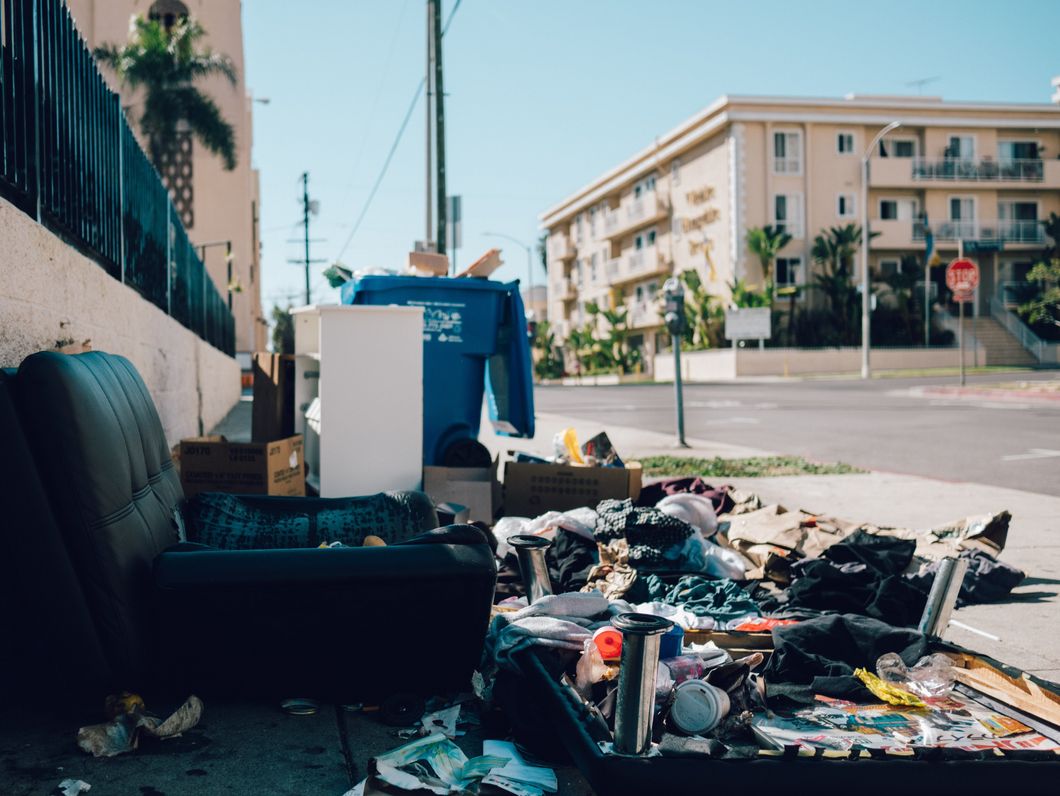Recently I just moved out of the Verge, a local student community house, and spent the past few days packing my car and driving back down to my family home.
One of the things I noticed as we pulled out of what had been my home for an entire year was the amount of trash in the bins. Now, it wasn't abnormal for there to be a lot of waste on the property with 18 buildings, and it's not difficult to imagine that many students were throwing away trash. But this time, the garbage was now on the floor around the trash - piles of clothes and furniture that people just couldn't fit inside of their cars.
That's not even the worst of it. My roommates and I had previously agreed for me to clean out the fridge and freezer. Which means I saw the amount of food we wasted. The craziest thing I had to throw out is definitely a gigantic turkey. Add to that the countless packs of frozen vegetables and fruits, milk, and cheese. I threw away hundreds of dollars worth of food just from the freezer alone. Had we gone through the process of analyzing our purchases perhaps we would have had less waste.
When my brother moved from FSU back down to our family home, he and his roommate threw away piles of clothes that they didn't want to wash. They also threw away all of the things they bought for the kitchen including Tupperware and plates. Not only is that a complete waste of money, but it also goes straight to landfills. In some cases, the plastic and ceramic don't break down, adding to out increasingly terrible trash issues we have as a country.
The way to combat this is scarily simple. Every time you go out to buy a new item of clothing or a new book or a new piece of furniture, think about what is going to happen in four years or less. You are eventually going to have to move out of the apartment you are living, at one point the things you have accumulated will need to either be thrown out or taken with you to wherever you move in.
This is not to say not to purchase cute things for yourself. I am a full supporter of the idea of treating yourself. However, being practical can save a lot of heartaches. Buy stuff you know you want to have for a long time. Try to minimalize the amount of plastic you buy. Or as a start, notice how much plastic you use and waste on a day to day basis. Then think about the clothes that you own but might not want any more. Donate them so they don't end up at landfills.
Taking care of our planet is not something we can opt out of. We have a responsibility to take care of our home. So, enjoy your things or buy things you like, but be mindful of the things you buy and the waste we produce.
















